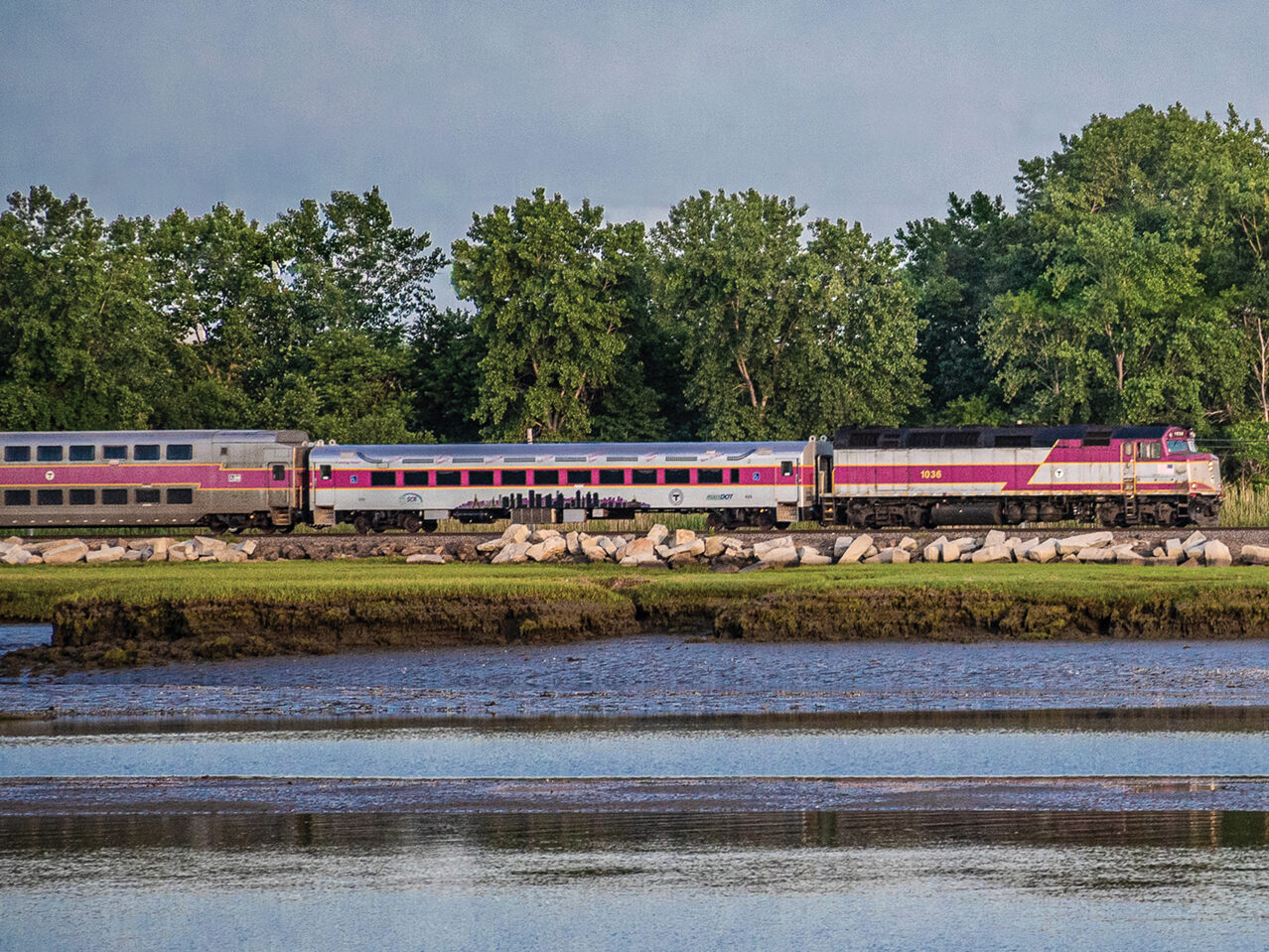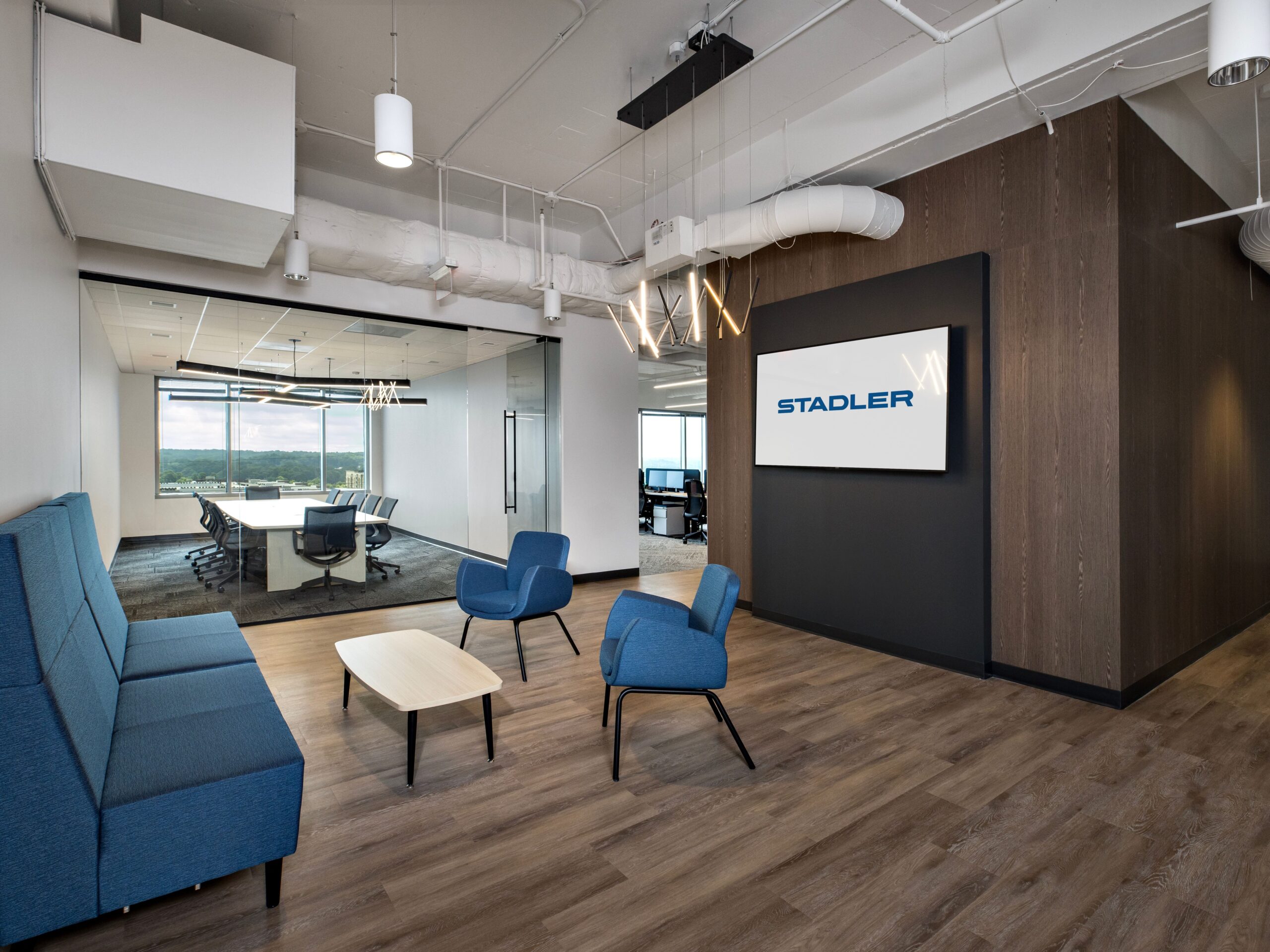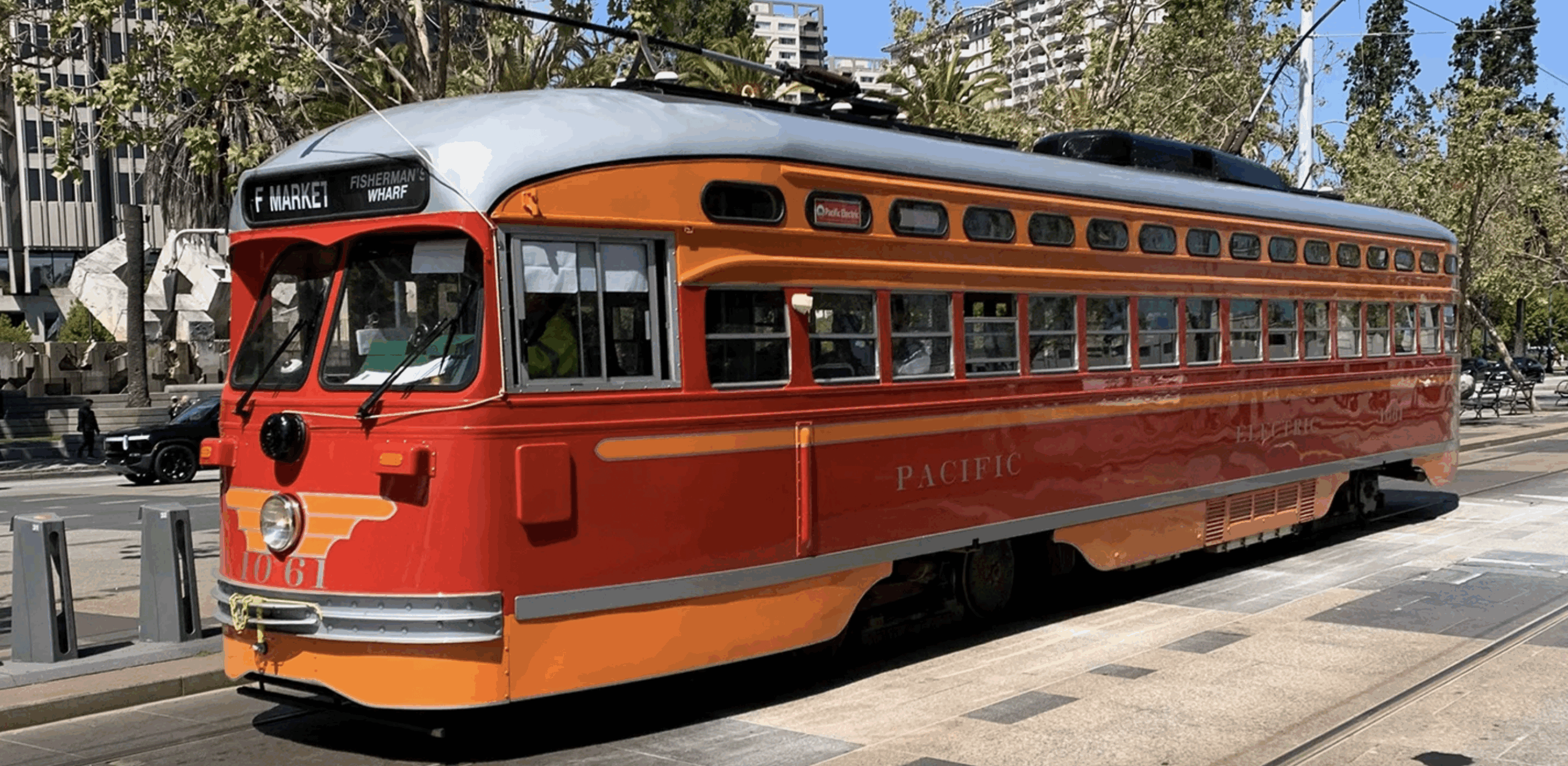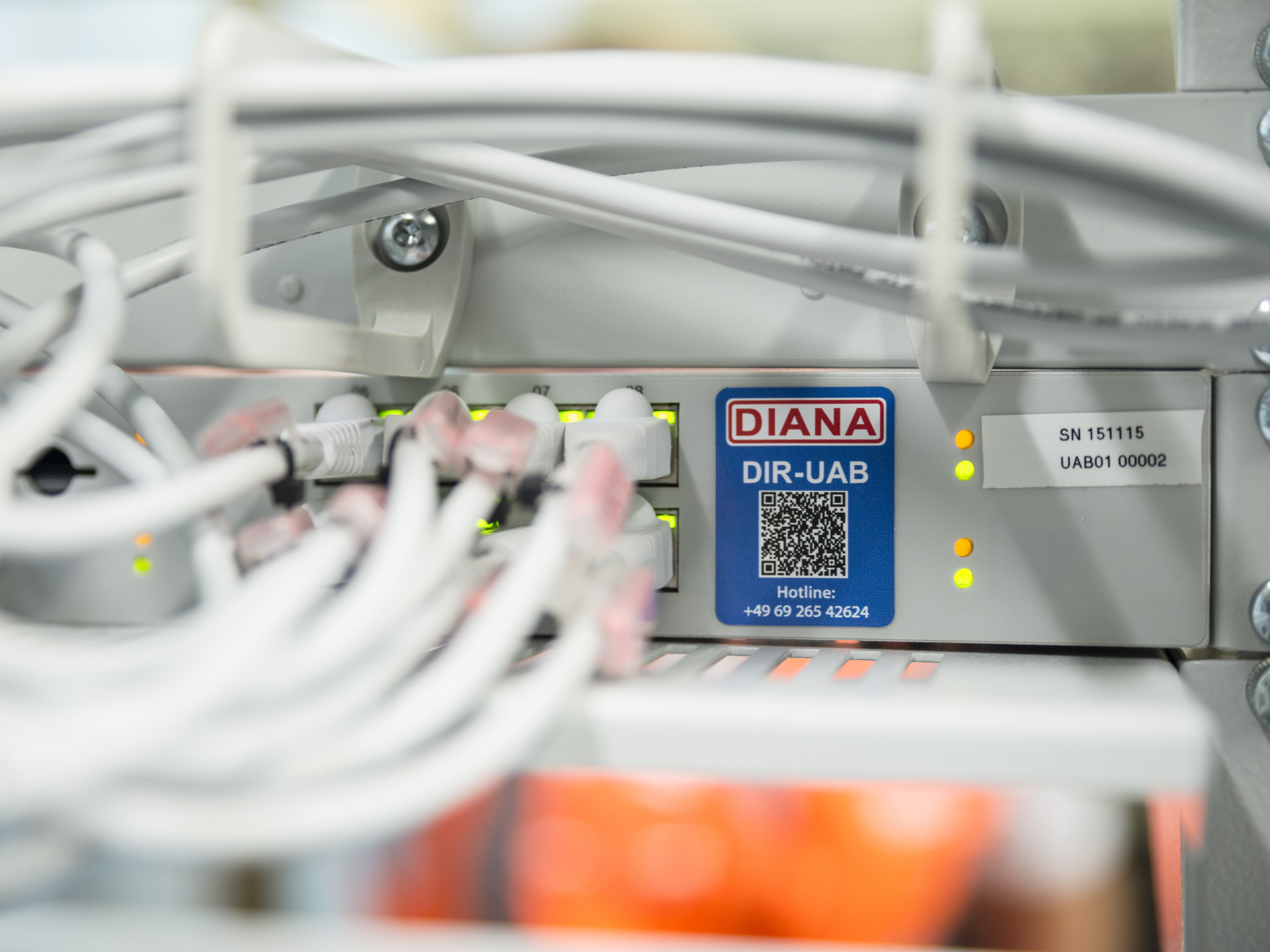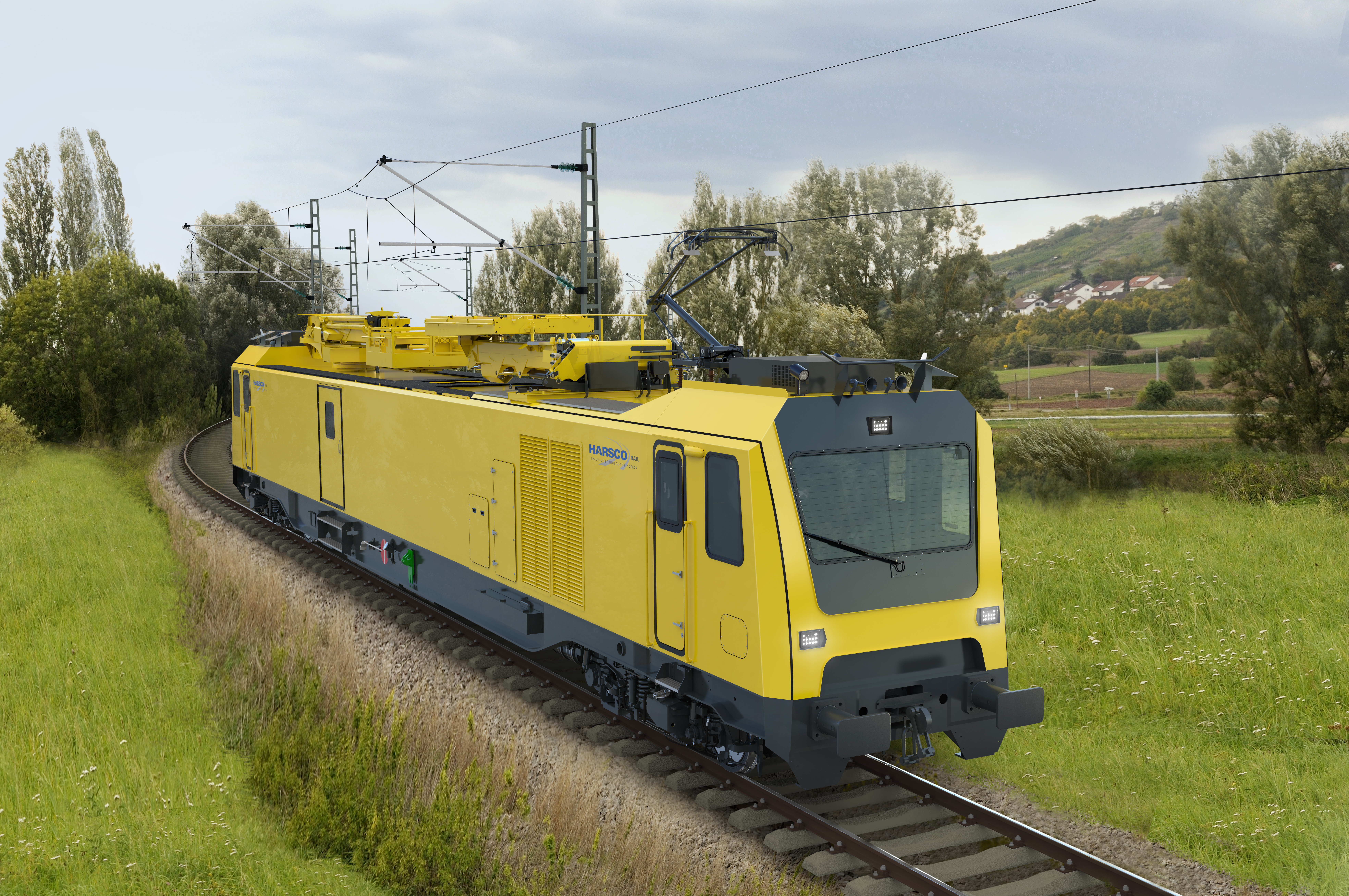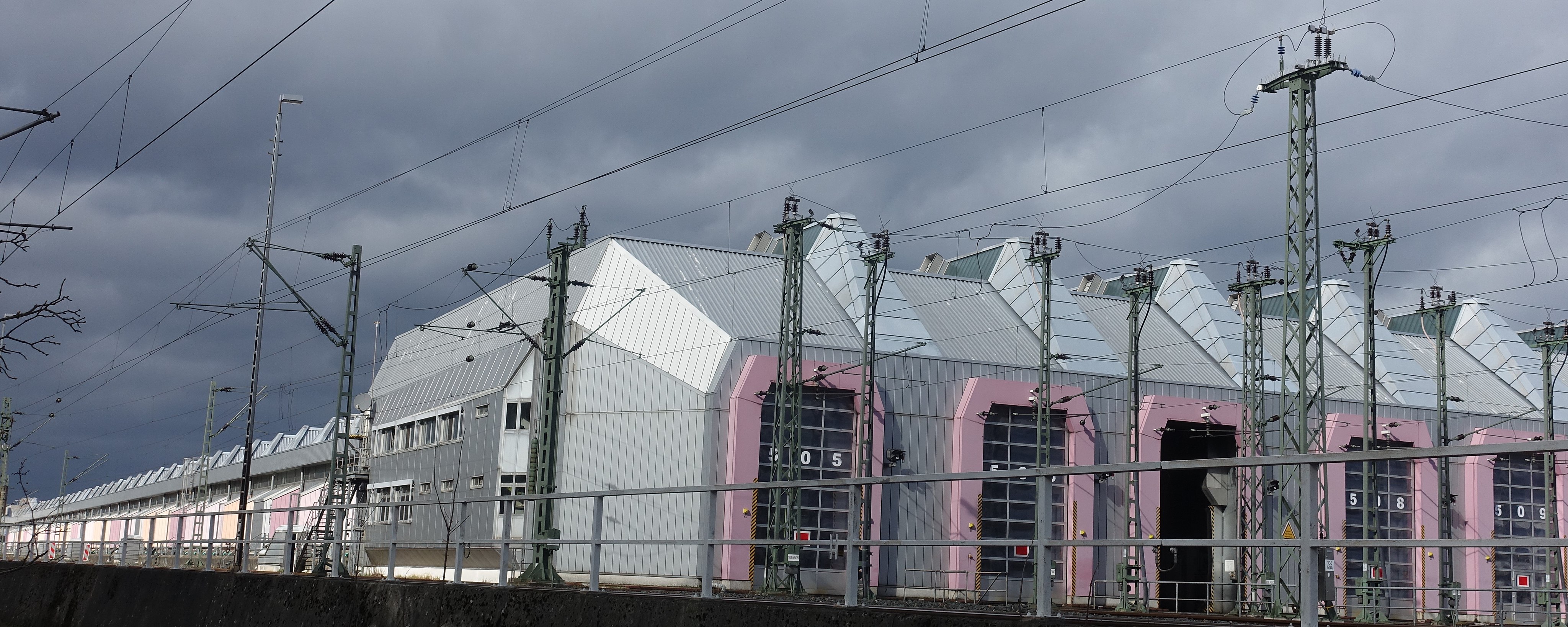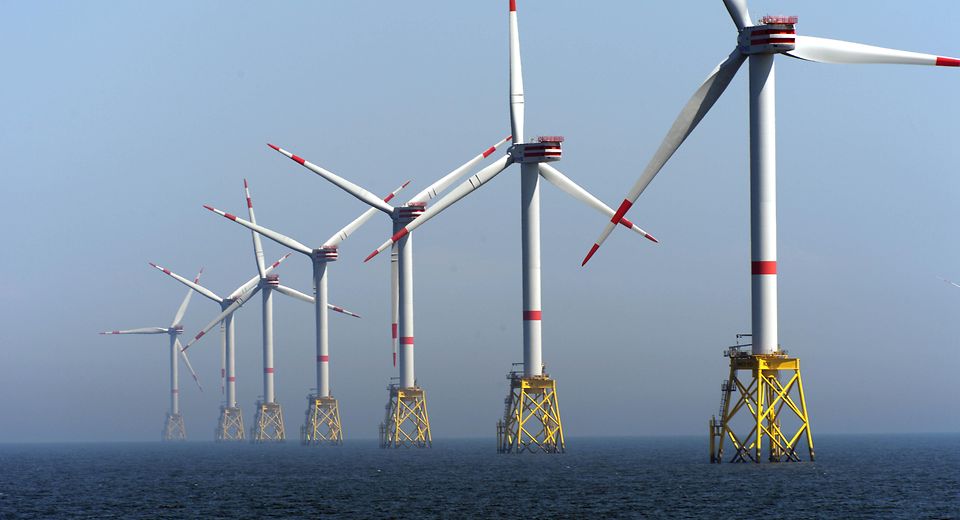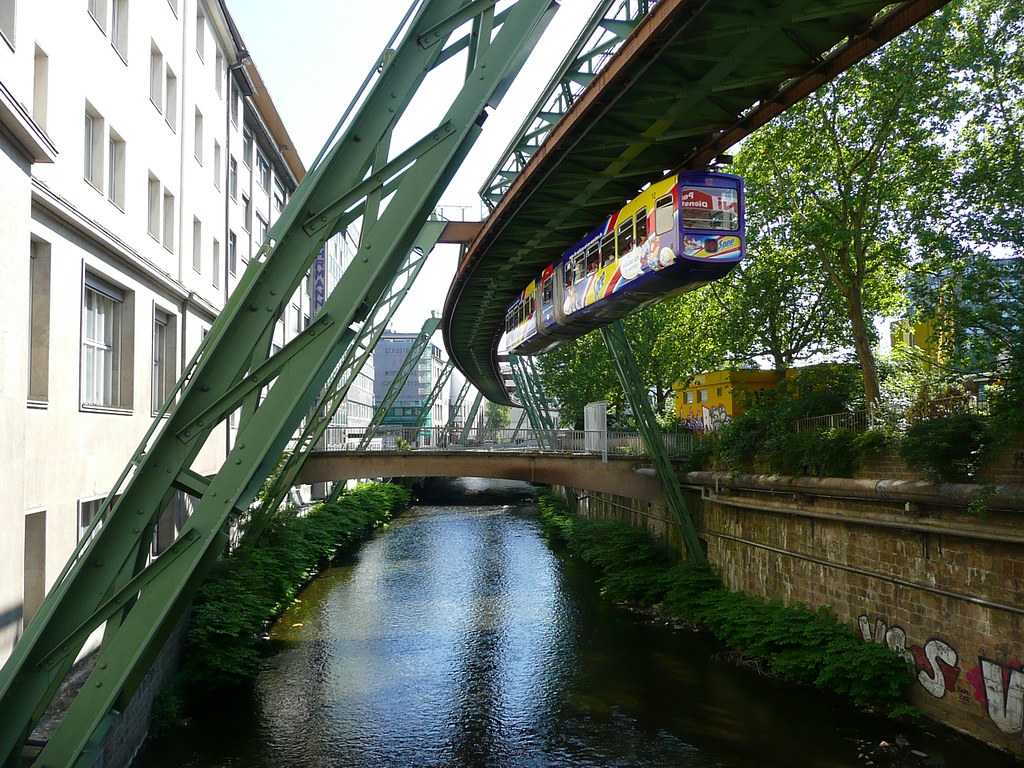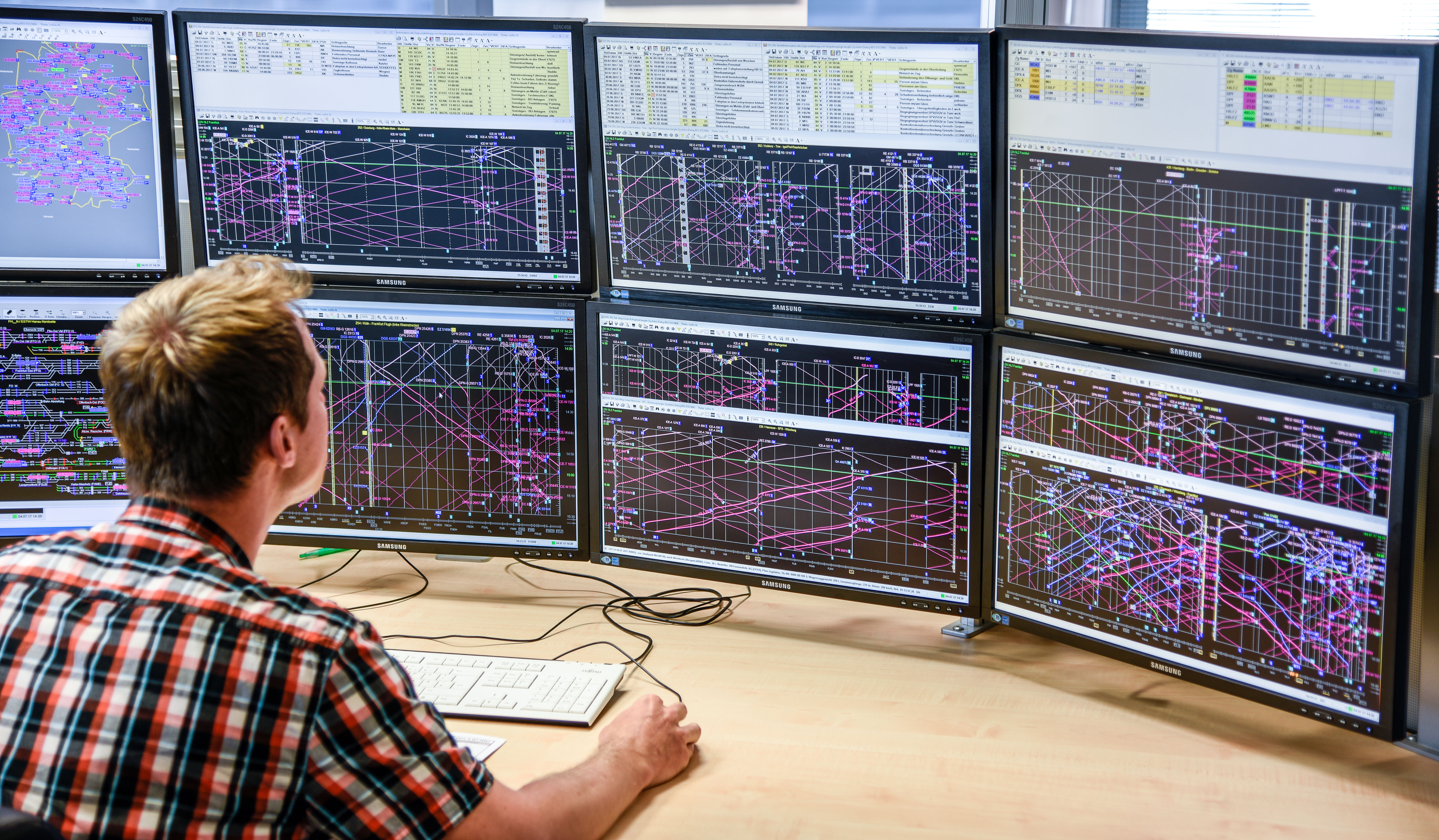Deutsche Bahn is testing white rails on the high-speed line between Hanover and Würzburg. The project is one of several Deutsche Bahn is conducting to address the consequences of climate change. DB expects the results from this trial in a year.
White Rails for Lower Temperatures
Following the successful tests of the cooling effect of white rails in summer 2019, DB is now white rails in actual passenger operations. To do that, the company has painted a thousand metres of track on the Hanover-Würzburg high-speed line with environmentally friendly paint. This real-world test is to inform DB of the durability and wear of the paint. It will also provide insights into how best to apply the paint over long distances. Substantive results are expected in a year. These will then provide the foundation for a potential expansion of the project on further lines.
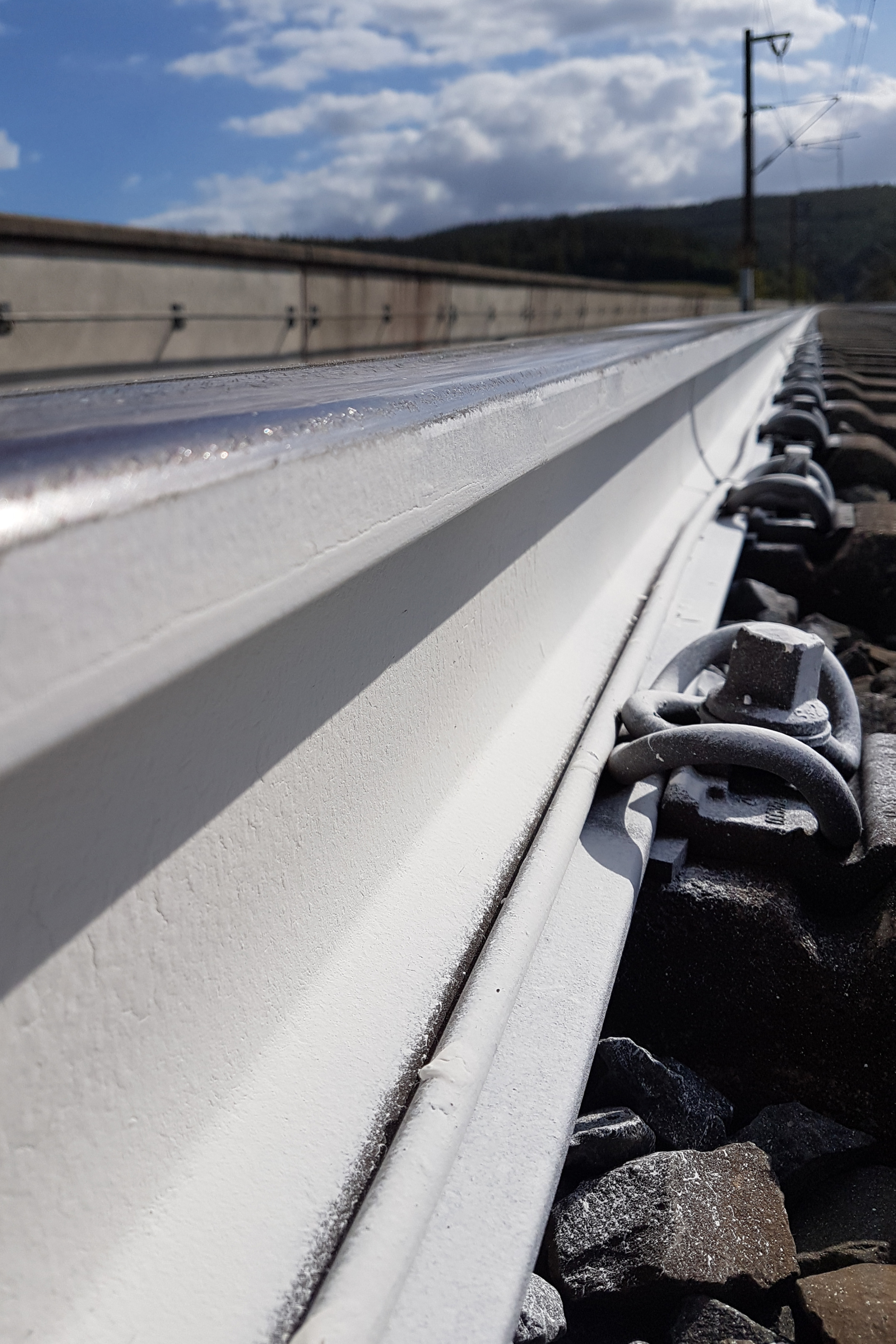
DB has been investigating the efficacy of white paint on its tracks since last year. As a result of climate change, creating long, hot summers in Germany, this solution is an option for Deutsche Bahn. High temperatures can put the rails and track bed under stress, since steel expands in extreme heat. One experiment has already been under way on a test track in Königsborn since July. The results from that test have been promising: the white rails reflect more light and therefore become much less hot than their conventional counterparts.
White Rails Test Site
The location of the real-world test is the bridge spanning the Pfieffe Valley. The reason DB chose the 61m high, 14m wide reinforced concrete box girder bridge is the high volume of traffic on it. Furthermore, the structure and the rails atop it are exposed to high levels of direct sunlight all year round. The fact that the section is double track is also ideal: to conduct the test, DB painted only one track white. This will allow Deutsche Bahn to make a direct comparison between the white rails and conventional track.
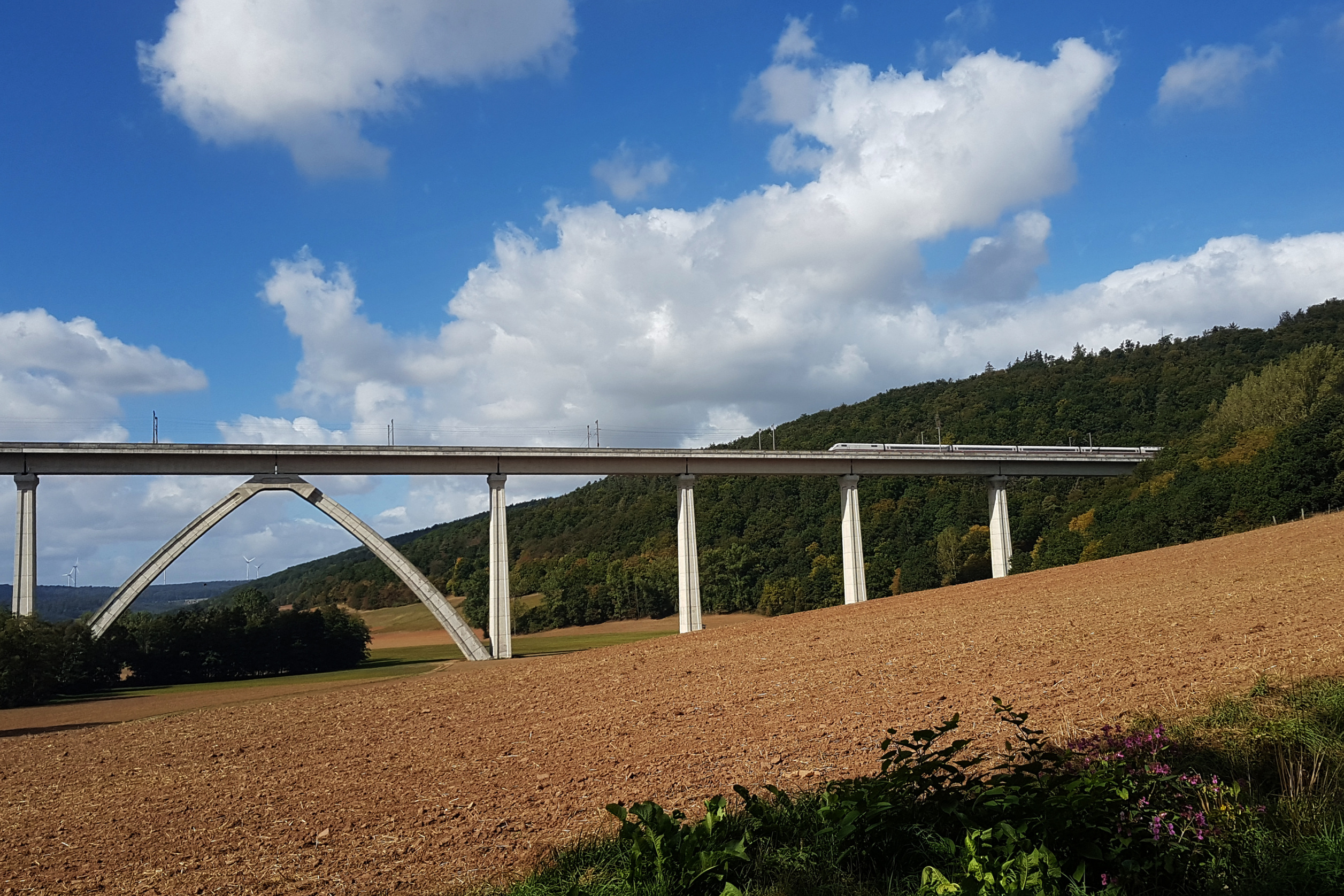
Climate Readiness at Deutsche Bahn
Deutsche Bahn set up a team of experts for the express purpose of preparing the railways for the changing climatic conditions. One example is DB’s extensive vegetation management in order to become more resilient to the climate. Further projects include ones that cool infrastructure, such as aerogel, and insights from bionics.
Also read:
- Deutsche Bahn to Halve Use of Glyphosate in 2020
- Fahma Orders 27 Hydrogen Fuel Cell Trains from Alstom
- Winning Bid: Stadler to Supply 55 FLIRT Akku Trains to Germany
- Vivarail Announces Partnership with Hydrogen Fuel Cell Specialists Arcola Energy

















